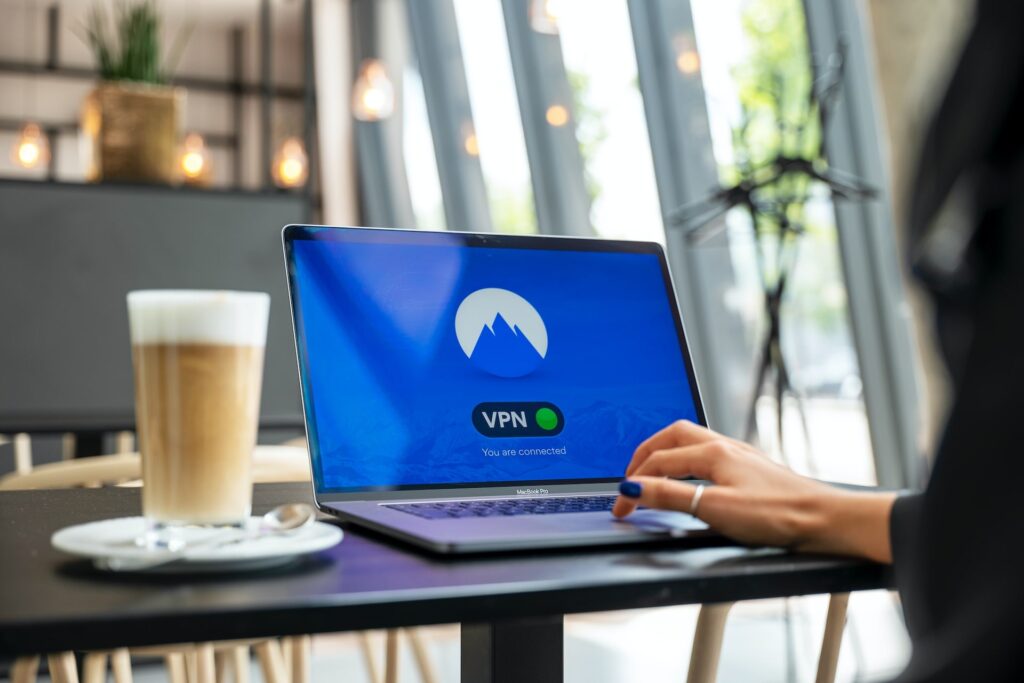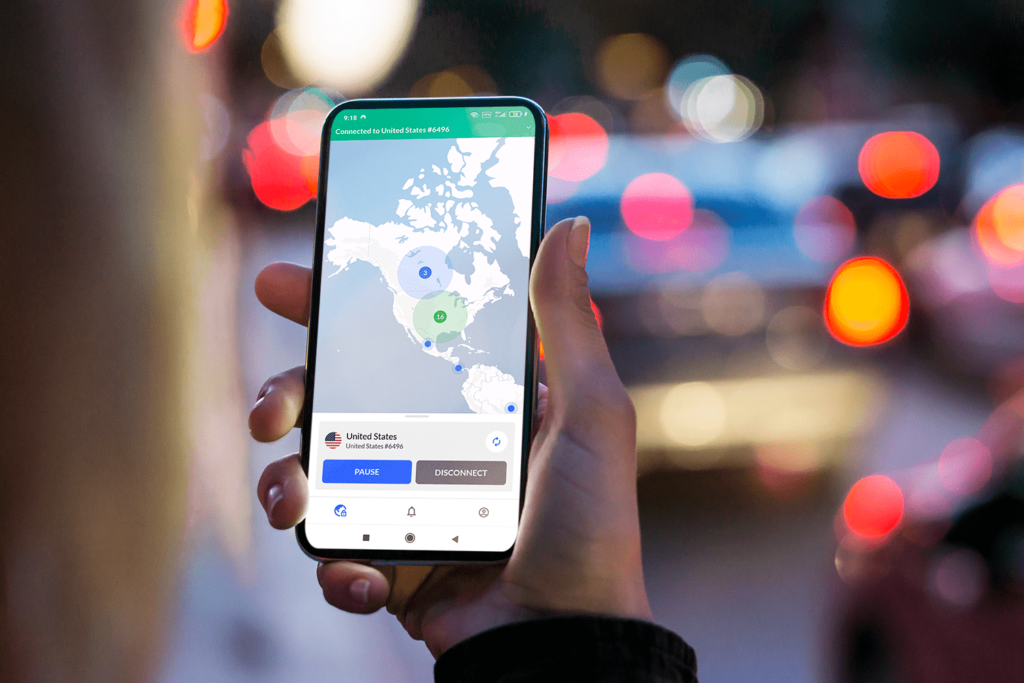VPN vendors are continually looking for ways to make their services better. After all, it’s a crowded, challenging market. Companies are having to fight off competition from every direction.
At the same time, most people who buy VPNs aren’t aware of the improvements that are being made. As such, they’re not sure what to prioritize when looking for a service.
That’s where this post can help. We take a look at some of the ways the top virtual private network vendors are making their products better, so you can make a more informed decision. Here’s everything you need to know.
Greater Customization And Control
Historically, VPNs were paper-thin layers you patched over your regular internet service. You opened the app and then ran your internet services through its various proxy locations, and you were happy.
Now, though, you have more choices. For example, you can use advanced features to conceal the fact that you are using a VPN. These kinds of services simply weren’t available in early models.
You also get things like selective routines and split tunneling. Again, this helps to avoid websites picking up the fact you are using a VPN and exposing you to more anti-bot tech.
No-Logs Policies
We’re also seeing VPN vendors reaffirm their commitment to no-logs policies. That means that the VPN service providers won’t undermine their privacy commitments by following what you do on their networks. The best networks never store user data.
Cloud Integrations
We are also seeing the rise of cloud-based VPN services. These make it more straightforward to share a single account across devices.
Cloud integrations make it possible to access cloud resources more securely. The tools help maintain privacy across cloud architectures and reduce the need for identifiable logins for those looking for the most up-to-date and robust security measures.
Better Compatibility
Another development is the continual improvements being seen in compatibility. Companies are ensuring that their VPNs can work across devices so that users don’t need to set up separate accounts with different providers.
Most VPN providers now offer an app that you can install on various distinct machines. Companies also tend to be pretty liberal in their attitude toward who you can share your account with. Most just limit you to, say, seven devices, meaning you can help your friends, too.
Better Performance

VPN vendors are also working towards improving performance. There’s nothing worse than finding the best torrent client, only for your VPN to slow you down. But now VPN providers are using advanced tools to ensure that routing your connection through various servers doesn’t slow you down too much. Some of these services are premium, but many are free and simply emerge naturally as providers expand their networks and install servers in more proximate locations.
Enhanced User Interfaces
We also shouldn’t forget that vendors are improving their user interfaces and making them more straightforward to use. No longer must customers spend a long time trying to figure out how IPs work. Instead, intuitive interfaces make it simple to connect to servers in any location, enhancing functionality.
Options menus are also seeing a revamp. Most companies are opting to use regular technical terms but include helpful tooltips that tell non-technical users what they actually mean.
Geolocation Privacy
Another development is the improved geolocation privacy that is now becoming standard throughout the industry. Customers are benefiting from tools that make it harder for anyone, including internet service providers, to see their location.
Geolocation privacy is becoming essential for many citizens in an increasingly unfree world. Even advanced economies and democracies are cutting back on internet freedoms, ensuring that everyone tows the party line. VPNs are a critical piece of technology that pushes back against this.
Two-Factor Authentication Methods
Developers are also beefing up the security of their products, offering two-factor authentication methods for customers who want to use them. These are increasingly essential to help users with weak passwords avoid getting locked out of their accounts by hackers.
Two-factor authentication works by using a secondary device or approach to password verification, making it much harder to hack. Even if nefarious actors know your VPN passwords, they still can’t access your account without the second factor.
Many are also implementing so-called multifactor authentication methods. These require additional steps to confirm your identity and prevent anyone else from posing as you.
Zero Trust Network Access
Finally, we’re seeing a rise in the adoption of Zero Trust Network Access by vendors. These methods ensure users verify and authenticate themselves before being granted access to the VPN network.




